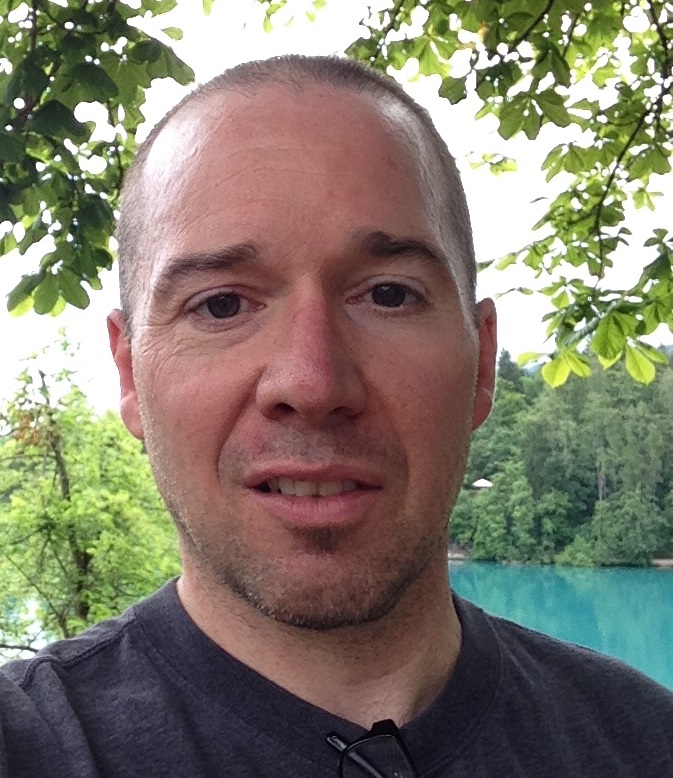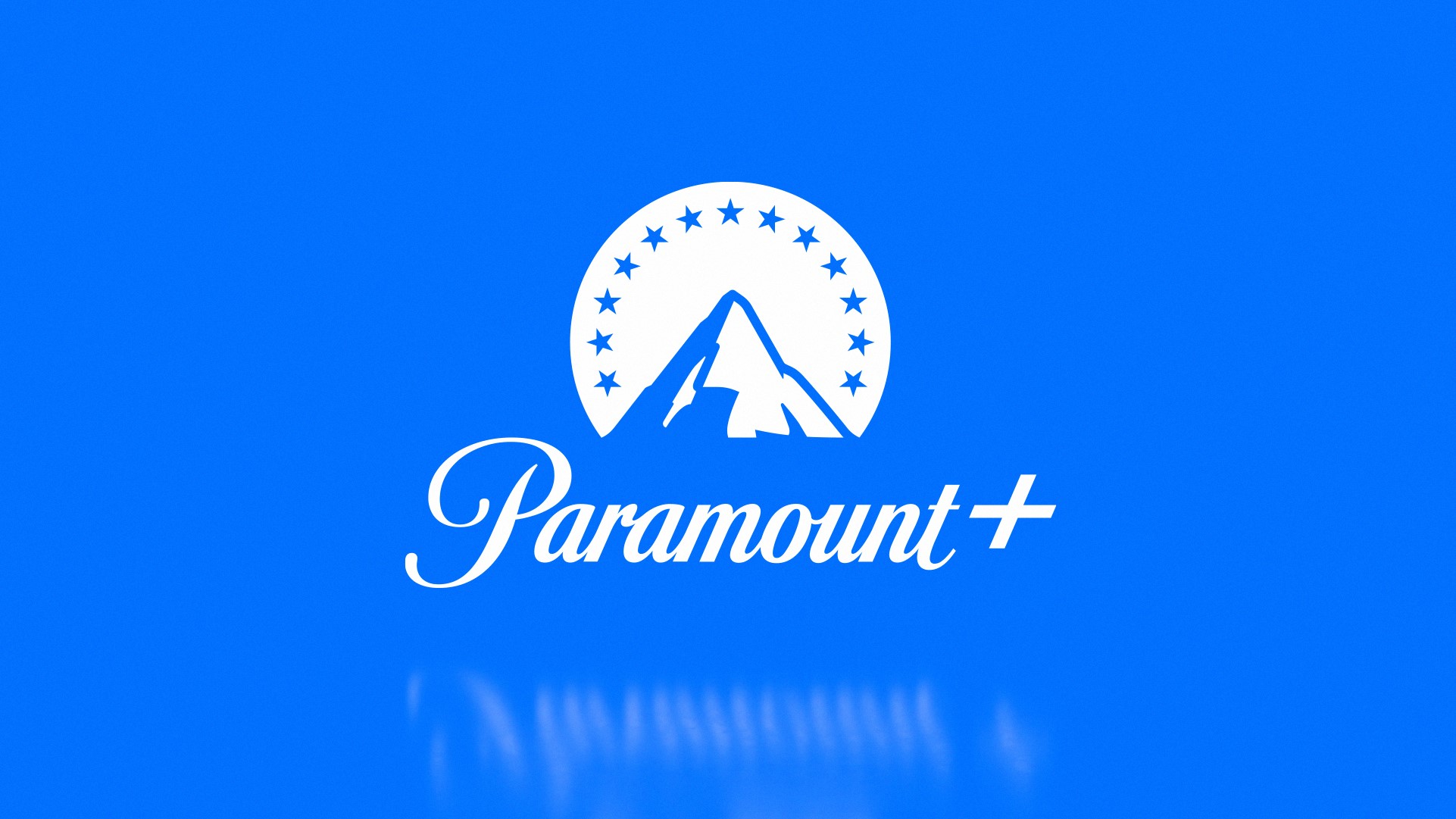Mazza Reflects on the Games
Editor's Note: TV Technology Europe editor Mark Hallinger sat down with Dave Mazza, senior vice president of NBC Olympics, in his IBC office two days after the closing ceremonies. With the Athens Olympics still in pack-up mode, Mazza was already thinking Torino.
TV TECHNOLOGY:What about this phrase I keep hearing, "proof of concept," what does that mean?
MAZZA: The reason we use that [phrase] is because no producer or director wants to hear that we are experimenting at their venue, but the fact is, we're experimenting at their venue. I laugh about it, but we don't have a whole lot of other places to test the things we do.
We test technologies in bits and pieces. For example, the proxy project required 50 eVTRs. It wasn't possible to get 50 eVTRs in one place, even at the factory. So some of the data we needed to prove the reliability of the systems is not available till we get here. It's scary, but in some cases it's the nature of the beast.
TV TECHNOLOGY:Speaking of the proxy system, the proof of concept for that was in Salt Lake, correct?
MAZZA: We started the proxy concept there, as a proof of concept, but the eVTR part of it, which is now one of the major enablers to make it work, wasn't even a gleam in our eye at that point. We did proxies with Blue Order software and with separate encoders. It was after Salt Lake that we said "Hey, why don't we see if we can get Sony to make that proxy come out of the back of an eVTR card."
TV TECHNOLOGY: Low-res proxies aren't just about workflow and the allure of having some people work from New York next time. Proxies also have a lot to do with meeting your HD needs moving forward, don't they?
MAZZA: Definitely, we have to use proxies. Some people look at us and scratch their heads and say: "Why are you doing all this work with proxies?" The people who ask that don't realize what's going to happen with HD. With HD both costs and storage space issues arise.
With HD there are disk space issues with the nonlinear editors, and we're not going to be able to have as many screening decks because of cost. A viewer for someone to see a Betacam tape was $4,000; an HD viewer deck is $22,000, so do the math. We have to have some other way to view and manipulate the material. We can't do it in high-res all the time.
TV TECHNOLOGY: Torino is in February 2006. Where do you go from here?
MAZZA: That's about 17 months. Once we all get home and get a few weeks off, we have to do the entire HD transition design, which is essentially due by Christmas or early January.
We have to use equipment that is either available now or [was] debuted at the IBC tradeshow and delivered at NAB. We have to be ordering equipment in February because the pre-build effort starts in California in April and in Italy in May.
TV TECHNOLOGY:Do you ever wish the Olympics was still every four years?
MAZZA: To tell you the truth, if it weren't for this SD-HD transition, I like the transition from Summer to Winter Games. You don't have to discuss things so many times. We decide what we're doing and we do it. With the Summer Games, because there's usually a 27-month-off period, we come up with a plan and revisit it three or four times to make it better, cheaper, lighterÉ whereas in the winter, you don't have to talk so much about it, even if it is an accelerated timeframe.
TV TECHNOLOGY:Will Torino be the hardest Olympics yet for NBC?
MAZZA: I think this Olympics was the hardest thing we have done to date, because of the complexity of all the shows in Athens. It was the number of moving parts and pieces needed to feed the various networks and to cover 28 sports compared to the 12 or so we would normally cover.
Torino, in terms of pure technologyÉ will probably be the hardest, because of the HD transition. All of us have had a tremendous amount of experience in analog, SD and SDI, and we know what you can do, what you can't do; all the known "gotchas" of the environment. Beyond what the vendors tell you in their spec sheets, there are a lot of things you have to learn, but we don't know all that about HD, we don't have that wealth of HD experience.
We've got a lot of testing to do. Like the beginning of serial digital back in 1991, there are a lot of HD products vendors say are compatible don't work together. It's like going back 15 years in terms of the likelihood of everything being plug-and-play.
TV TECHNOLOGY:What was the biggest surprise?
MAZZA: How well it all worked. I was amazed; I think a lot of us were amazed. Not that we had resigned ourselves that it was going to be bad, but with all the things that had stacked themselves against us, such as the late construction causing major havoc with things like fiber optics, concerns over power--and a lot of the telecom infrastructure was problematic right up until the last minute--and security and how hard it was going to be to move around was a concern, and we had people dropping out because of the security threat--spouses didn't want them here.
So we had all that to deal with before we added our own complexity by tripling the hours from last time, while using the same number of people and roughly the same budget.
Having anticipated all the potential problems, I think everybody was quite happily surprised how well it all went. Amazingly we had very few hiccups in the broadcast. There's a dynamic at the Olympics--both with rights-holders and the host broadcaster--that no one wants to see the thing fail, so everybody works themselves very hard all over the place.
Everybody came here with a great attitude and people maintained a positive attitude and thank God they did because you can't work 16-hour days without that. We were pleasantly surprised and relieved, and now we're anxious to get home and get a little rest before we gear up for all that HD in Italy.
The professional video industry's #1 source for news, trends and product and tech information. Sign up below.

